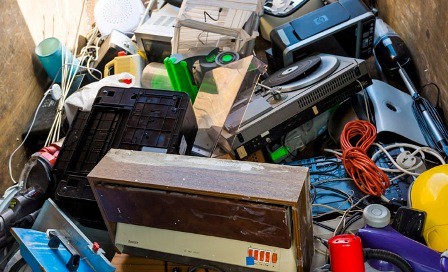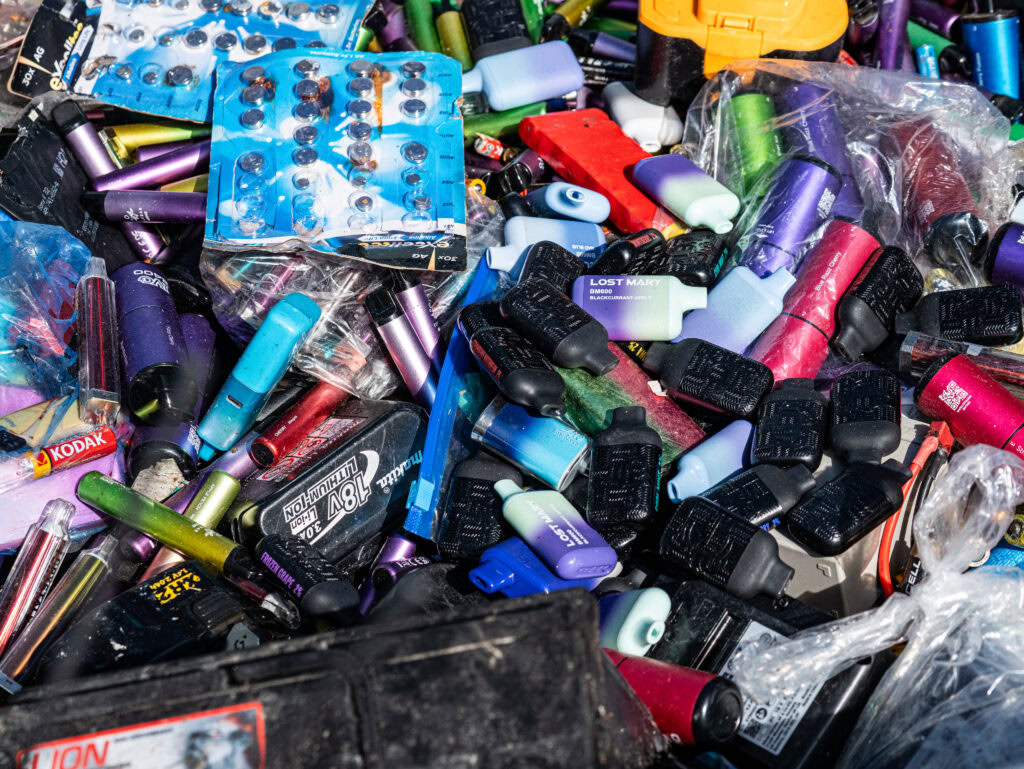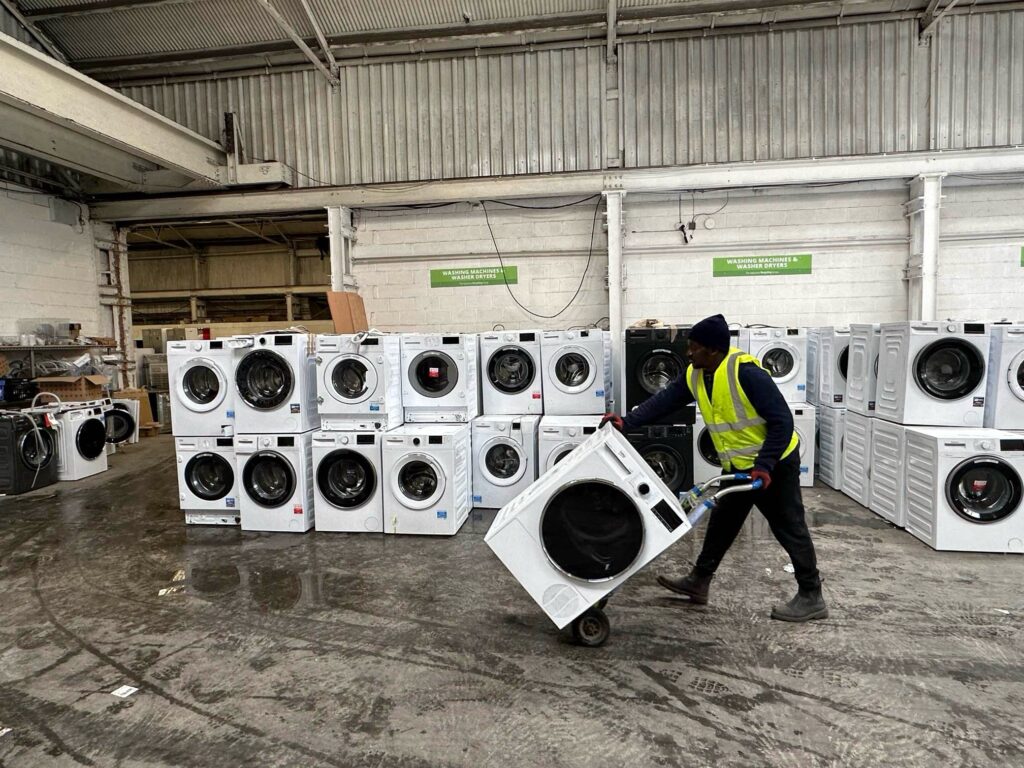The release of the governments response to comments raised from its consultation on proposed changes to the producer compliance system for waste electrical and electronic equipment (WEEE) has been pushed back to ‘early’ September.
The government had originally planned to publish its response on Friday (August 16), eight weeks after the conclusion of the consultation which ended on June 21 but has opted to delay this by several weeks due to the volume of responses received.

Instead, the Department for Business, Innovation and Skills has said that it will publish a summary of the responses received as part of the consultation later this week, followed by a formal response, outlining which of the proposed options it favours, next month.
A spokesman for the Department said: The eight week period would have ended on Friday, but we have received just over 250 responses for the consultation. We expect to publish a summary and analysis of those responses this week and the intention is to publish the full response next month. That will include the detail of the key issues and what the proposals will be.
Changes
Four proposed options for the future of the WEEE system were outlined in the consultation, which was launched to bring the requirements of the recast WEEE Directive into UK law and to address concerns from producers that the cost of compliance with the regulations does not reflect the true cost of recycling.
These options include:
- Option 1: No change and continue with the current system;
- Option 2: Introduce a National Producer Compliance Scheme, instead of competition between current compliance schemes;
- Option 3: Setting targets for compliance schemes along with a compliance fee if these are not met, instead of the trading of WEEE evidence data between collection schemes, and;
- Option 4: Matching collection sites to compliance schemes.
Stakeholder groups offered differing views on which options should be pursued by the government, with the WEEE Common Interests Group, made up of some compliance schemes and reprocessors arguing that the options for change fail to address several key aspects of the Recast WEEE Directive, including prioritisation of hazardous waste and the interpretation of dual use WEEE (see letsrecycle.com story).
Related Links
Meanwhile, electronics producers and compliance schemes such as Repic and Recolight, represented by the Joint Trade Association argued that intermediary companies are profiting from the current system by driving up the cost of compliance for companies obligated to recycle waste electricals under the current regulations.








Subscribe for free